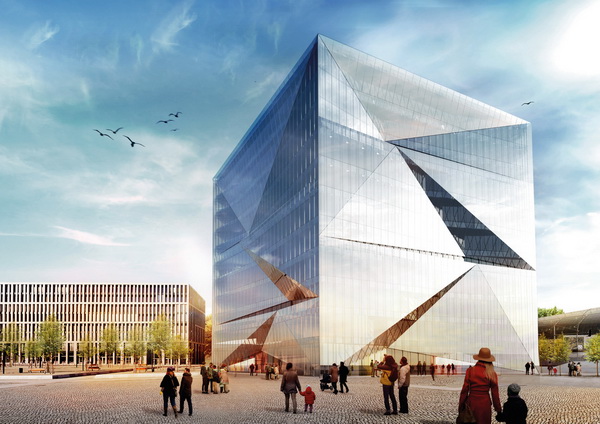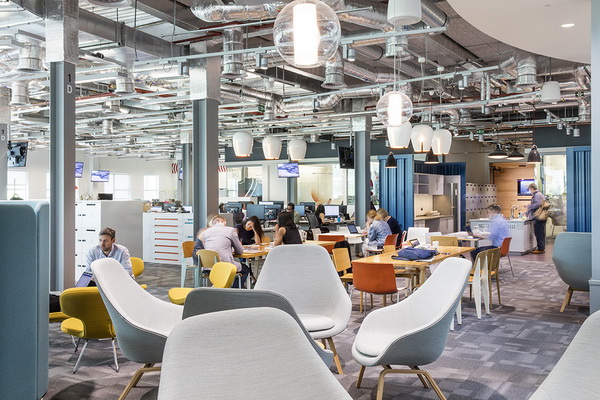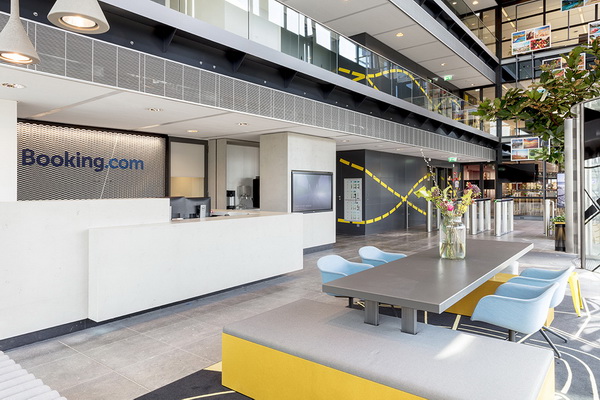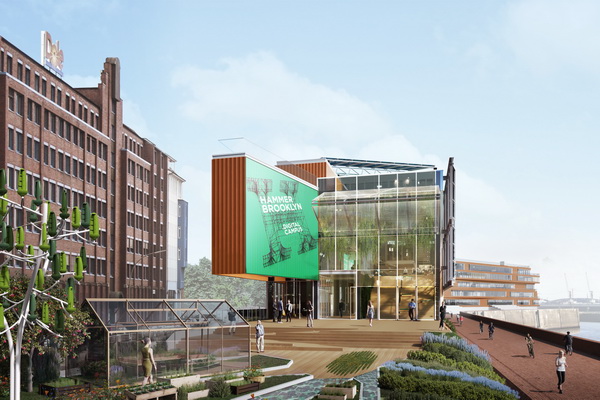
Smart buildings are coming: But who holds the keys?
Today technology has taken over the brick and mortar set up of buildings across the world. Buildings are not only known for how they look and feel, but data and advanced analytics, have quietly entered our living rooms, schools, hospitals and hotels making our buildings smarter and intelligent.
It is digital and technology first thinking in the building industry that is transforming the way people live and work today. Our phones, laptops and cars have become smarter, so have our buildings.
People spend 80 to 90 per cent of their lives in buildings, making it an integral part of their ecosystem.
With the advent of new technologies, the role buildings play is being redefined from a static environment to more dynamic and interactive space that impacts the lifestyles, wellbeing and productivity of their occupants.
One of such buildings is the Cube Berlin, which demonstrates how office buildings can learn to think.

Cube of Berlin
By the end of 2019, the Cube Berlin which is the most highly digitised office building will be completed in the heart of the city of Berlin in Germany.
This smart commercial building was designed to learn from its users by a central ‘brain which adapts to individual needs.
What is special about it, is not just the dramatic architectonic shape, but its artificial intelligence (AI), in other words, its ‘brain’, following the highest information technology security standards.
It also establishes an intelligent link between all technological equipment and sensors, along with planning, operational and user data for optimal control of the processes that take place in the building.
The ‘brain’ learns from the data connected with the operation, the users and the environment, and makes suggestions for the improvements.

For instance, the unused spaces in the building will not need heating, ventilation or lighting. The system will recognise this and switch off the equipment in these areas.
Tenants in Cube Berlin can also use the specially developed app to enable them to operate the air conditioning, access controls and parcel booths, among others.
Extensive tests
Mr Matthias Schmidt, Head of Development in Germany said that two years before the building is due to be completed, hardware and software for smart buildings has been developed to conduct extensive tests on the building.
According to him, digitisation experts are investigating the compatibility of the products, adding that particular attention is being given to cybersecurity.
He explained that challenges constantly facing the stakeholders in the industry, was how they could continue to meet tenants’ needs and offer attractive spaces in the future.
‘With digitised buildings such as Cube Berlin, we are creating added value for tenants. We are providing a management cockpit that gives information on the key data and any changes in it, this includes extensive information on energy consumption and user behaviour,” he said.
Tenants, thus, experience not only the user interface of the app, but also the operational level in the background, and they can even intervene, for instance, to optimize the use of the space.

Users’ needs first
The Head of ICT and Associate Partner at Drees & Sommer, Mr Klaus Dederichs, said the design thinking processes of Cube Berlin could be used to define the requirements of users of a smart commercial building.
He said his company had selected about 3,750 suitable sensors on the building, adding that smart digital technologies were put together in different combinations to make it easier for users to operate the building.
He explained that the technology offered other uses such as indoor navigation, the tracking of people and objects and other access control, using facial recognition.
Smart in Ghana
Everywhere in the capital city of Ghana today is dominated by forbidding high-rise buildings, built as quickly and simply as possible to accommodate the massive influx of migrants; but who holds the key to those massive infrastructural developments?
Unlike Cube Berlin and other smart building across the world, the question one may ask is weather the building engineers or estate developers in Ghana are following regulations, if the buildings are tested and if tenants and users’ needs are met, among several other questions.
That is because some recently built high rise infrastructure and shopping malls are showing their age.
They might have been up-to-date a few years ago, but today, they are no longer state-of the-art and fail to meet customer expectations. The mood is apocalyptic, because no one has any energy for change.
As the world is subject to constant change, the country needs future-proof infrastructure and sustainable real estate more than ever.
The opportunities for smart buildings are clear, but for many firms in Ghana, harnessing it, requires a better understanding of real estate trends.
Ghana’s’ building code.
It is, therefore, welcome news that the Vice President, Dr Mahamudu Bawumia has launched a building code, with a call on stakeholders to ensure that the document becomes relevant to ensure the safety of all public buildings.
At the launch, the Vice President said the building industry was characterised by complex construction, and therefore, it was important that the regulations were passed to ensure sanity.
He said issues of controlled development and the flouting of planning laws and building regulations should be curbed collaboratively, while the code would help achieve governmental and societal goals, relating to health safety and accessibility of structures.
He added that other social goals would include energy efficiency, the minimization of greenhouse gases, as well as the sustainability in the building industry.
